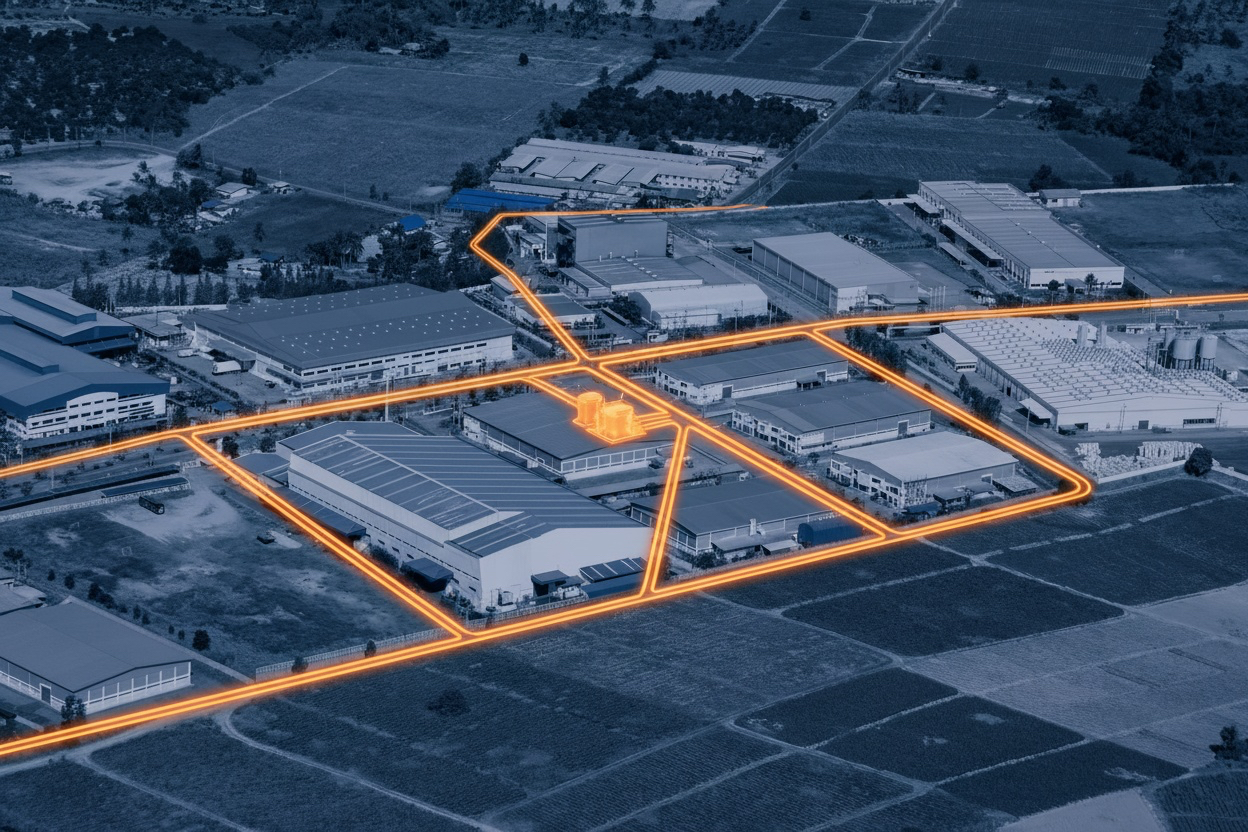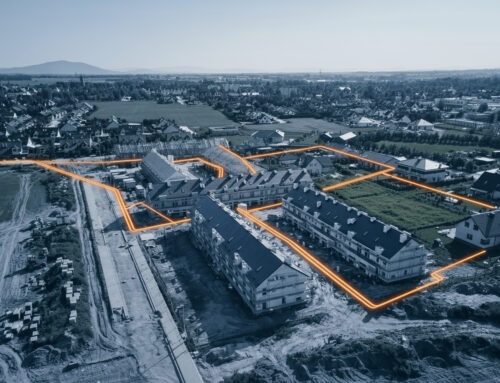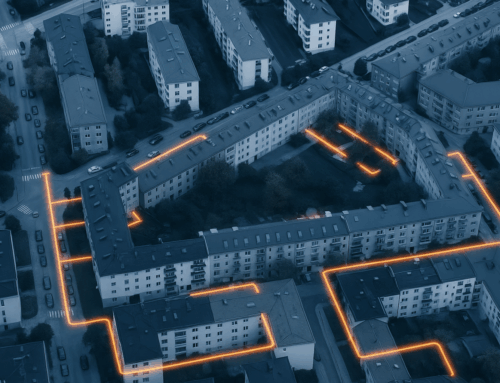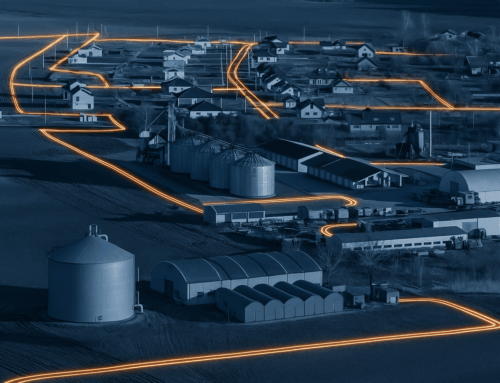Project Description
Market development – Project development market segment in industrial construction
Industrial and commercial buildings are the focus of the energy and climate transition. Companies are required to develop energy-efficient, resilient and climate-neutral production and logistics sites. At the same time, requirements for security of supply, cost stability and CO₂ reduction are increasing.
Project developers in industrial construction must therefore increasingly integrate energy infrastructure and building planning: from photovoltaics on hall roofs to waste heat recovery, battery storage and heating networks through to digital control and monitoring solutions.
Here are the specific challenges:
Developments and trends
EXAVY services
EXAVY develops and finances turnkey infrastructure projects that combine local energy and digital transformation.






